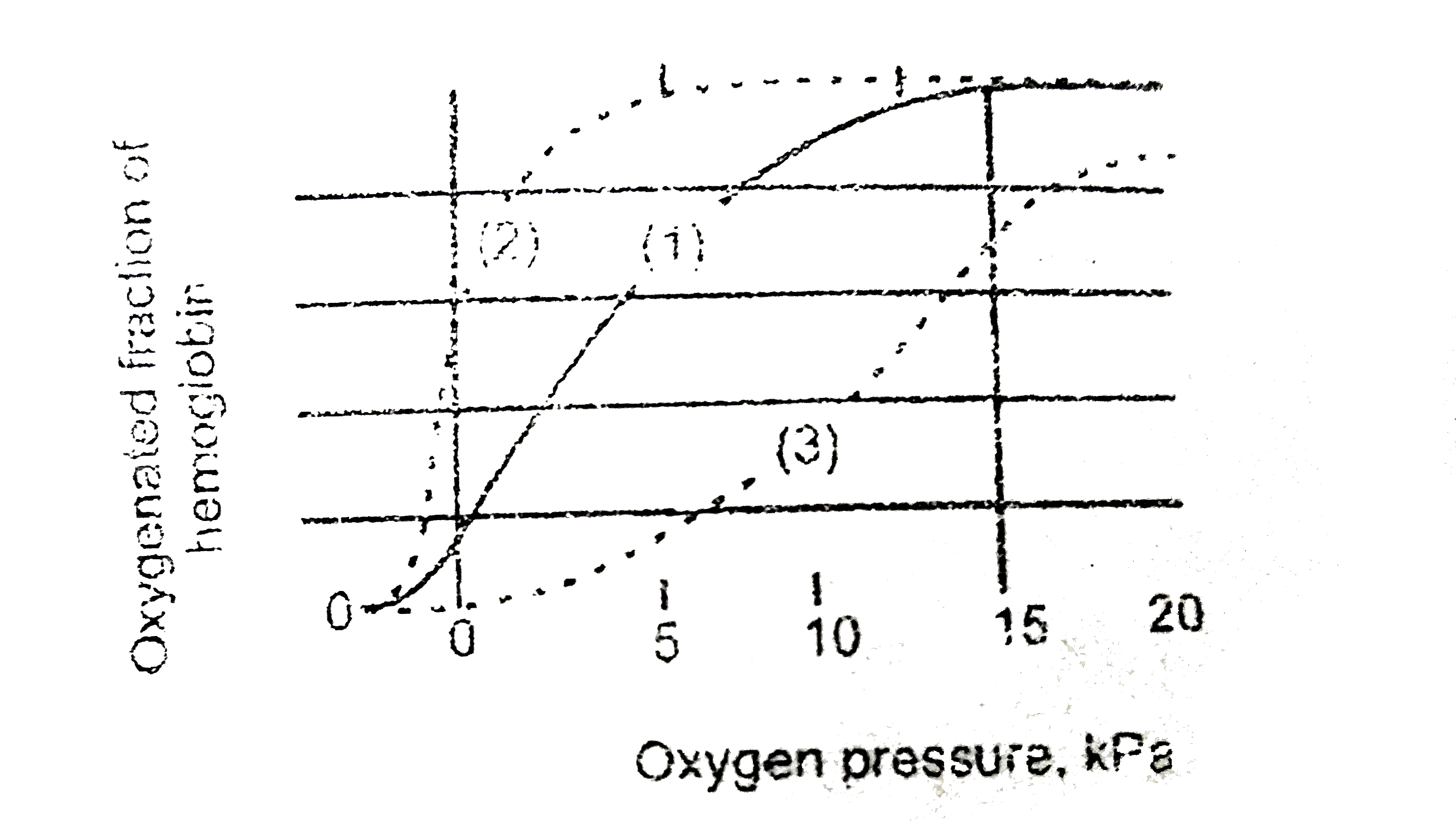C = 75h + 125
The equation above gives the amount C, in dollars, an electrician charges for a job that takes h hours. Ms. Sanchez and Mr. Roland each hired this electrician. The electrician worked 2 hours longer on Ms. Sanchez’s job than on Mr. Roland’s job. How much more did the electrician charge Ms. Sanchez than Mr. Roland?
A
75
B
125
C
150
D
275
Video Solution
Text Solution
The correct Answer is:C
Since the variable h represents the number of hours a job took, the coefficient of h, 75, represents the electrician’s charge per hour, in dollars, after an initial fixed charge of $125. It’s given that the electrician worked 2 hours longer on Ms. Sanchez’s job than on Mr. Roland’s job, therefore, the additional charge for Ms. Sanchez’s job is $75 × 2 = $150.
Alternate approach: The amounts the electrician charged for Mr. Roland’s job and Ms. Sanchez’s job can be expressed in terms of t. If Mr. Roland’s job took t hours, then it cost 75t + 125 dollars. Ms. Sanchez’s job must then have taken t + 2 hours, so it cost 75(t + 2) + 125 = 75t + 275 dollars. The difference between the two costs is (75t + 275) – (75t + 125) = $150.
Choice A is incorrect. This is the electrician’s charge per hour, not the difference between what Ms. Sanchez was charged and what Mr. Roland was charged. Choice B is incorrect. This is the fixed charge for each job, not the difference between the two. Choice D is incorrect and may result from finding the total charge for a 2-hour job.
|
Similar Questions
Knowledge Check
An electrician charges a one-time site visit free to evaluate a potential job. If the electrician accepts the job, he charges an hourly rate plys the cost of any materials needed to complete the job. The electrician also charges for tax, but only on the cost of the materials. If the total cost of completing a job that takes h hours is given by the function C(h)=45h+1.06(82.5)+75, then the term 1.06(82.5) represents
Athe hourly rateBthe site visit feeCthe cost of the materials, including taxDthe cost of the material, not including tax

